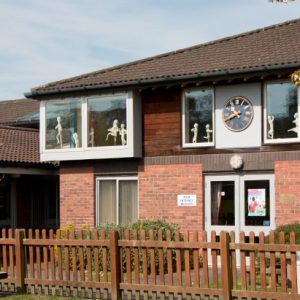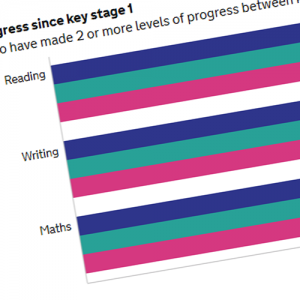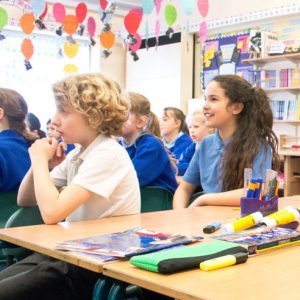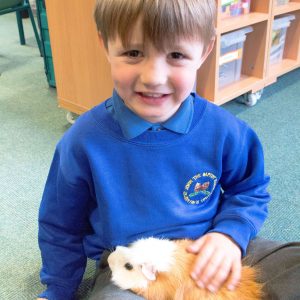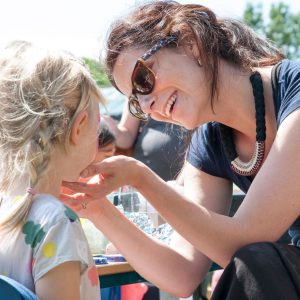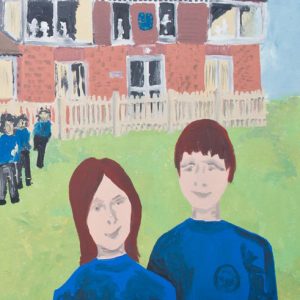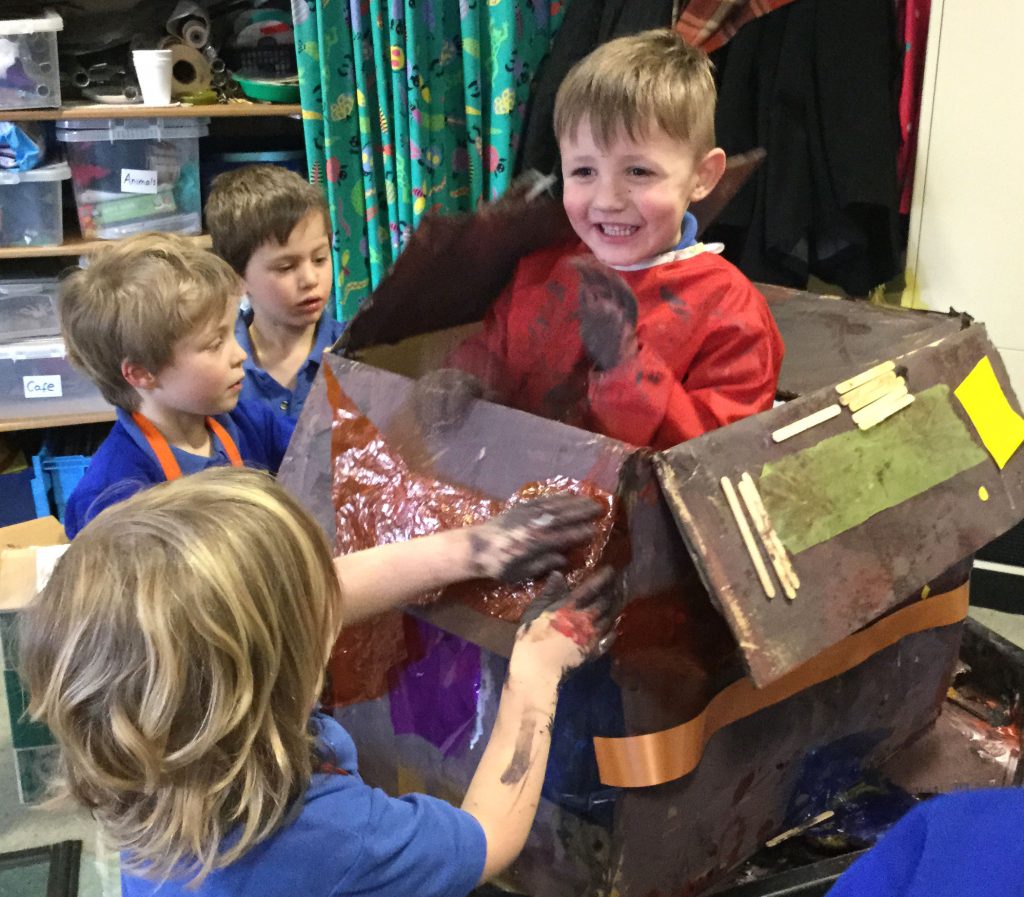 We welcome any visits to school for potential parents and pupils to have a look around. This can be for pupils of any age who are interested in continuing their learning journey in our school. Please contact the school office to arrange a suitable time.
We welcome any visits to school for potential parents and pupils to have a look around. This can be for pupils of any age who are interested in continuing their learning journey in our school. Please contact the school office to arrange a suitable time.
There is an active Parents and Friends Support Group who meet regularly to discuss and organise fund raising events and to support activities taking place in school, such as cookery, football, gardening, netball, reading, school visits, transport etc. All parents are very welcome to attend these meetings.
All children are eligible to start school full-time from 1st September in the school year in which they are 5 years old.
During their first term(s) at School, children will be in Reception (their Foundation Year) until the beginning of the next Autumn Term when they transfer to Year 1 and then Year 2 the following Autumn, etc. Years 1 and 2 are known as “Key Stage 1”.
Pupils who are going to join us in Reception in Autumn term will be invited to make visits during the term preceding starting full-time. This allows children the opportunity to familiarise themselves with the school, staff and children. It gradually introduces them to the expectations and opportunities available in school, also allowing their teacher to assess and evaluate the achievements of your pre-school child.
We are also delighted have adopted our on-site Nursery from Easter 2017 which means pupils can now join from 2 years upwards.
Links with other local Playgroups and Nurseries enable the children to visit with leaders, and for the infant teacher to visit them in their pre-school environment before the child comes to school.
Future parents and children are welcome to visit the school at anytime (a telephone call prior to the visit would be appreciated) to view and discuss any queries. The invitation applies to other school functions eg. concerts, sports days, open days etc. We have produced a pre-school booklet which answers some of the questions parents may ask. These may be obtained from pre-school or school.
You can also help your child by involving yourself in the school. You will receive invitations to parent information evenings to familiarise you with the teaching policies and practice and give you the opportunity to find out more about the way your child is being taught.
During your child’s first year assessments are carried out by the class teacher using the Early Years Foundation Stage Profiles (EYFSP). This helps the teacher to ensure your child’s activities and work is matched to their level of development. The majority of the curriculum in the Early Years is focused on learning through play; building on children’s own interests and developing their learning through identifying individual needs and next steps. Parental involvement is encouraged through an online system of sharing between the adults in school and parents. This allows learning at home to be shared back in the classroom too.
We have a large Early Years area along with a purpose built outdoor area to facilitate the practical learning needs of pupils. The high quality provision allows children to develop their ideas and learning through the day, both inside and outside, with adults skillfully guiding the learning activities.
The Early Years Framework is split into different areas;
Prime Areas of Learning:
- Communication and Language
- Physical Development
- Personal, Social and Emotional Development
Specific Areas:
- Literacy
- Mathematics
- Understanding the World
- Expressive Arts and Design
We want your child’s experiences at school to be positive and encourage you to speak to the class teacher if you feel there is anything which will help with this. Preparation before starting school will help your child to settle well;
- An ability to be as independent as possible in dressing and undressing, toileting, washing hands, blowing noses etc!
- General social skills such as taking turns, sharing and being polite to each other are core skills which enable children to have a positive school life and support our school values.
- Having the opportunity to use scissors, share books and care for them appropriately as well as tidying-up skills when finished with something are also important and can be supported by learning in a positive way at home too
It is useful for parents to allow children to share their day in their own time when they come home. It is quite normal for children in their first term at school to be very tired when they come home. Whilst they will want to tell you about some aspects of their day, they may need a rest or some food before they are willing to answer too many questions. This can be supported by sharing photos online as starting prompts for discussion (school currently use ‘tapestry’ to upload information from class activities in EYFS) or using the topic overviews shared at the beginning of term in our school newsletter. Tiredness and a lack of willingness to talk about their day is not an indication that they are not happy or not enjoying school! Stay positive and encourage them to share in their own time.
At St John’s, we focus on using positive re-enforcement and sharing praise and encouragement. If your child is finding something tricky, please stay positive with them (even if it is with a topic you used to find difficult). The power of a positive parent can have a wonderful effect on a child’s willingness to try new things and keep trying even when things are tough! Be supportive with them (and about the school) and share any concerns through your home/school books or with a message to the class teacher. Once children see all of the adults working together in a positive way, they will also become positive and achieve well.

